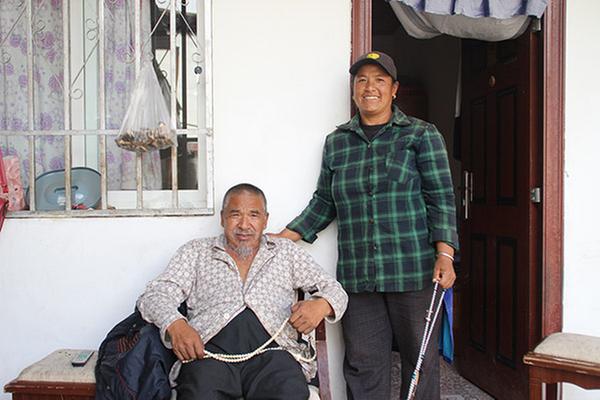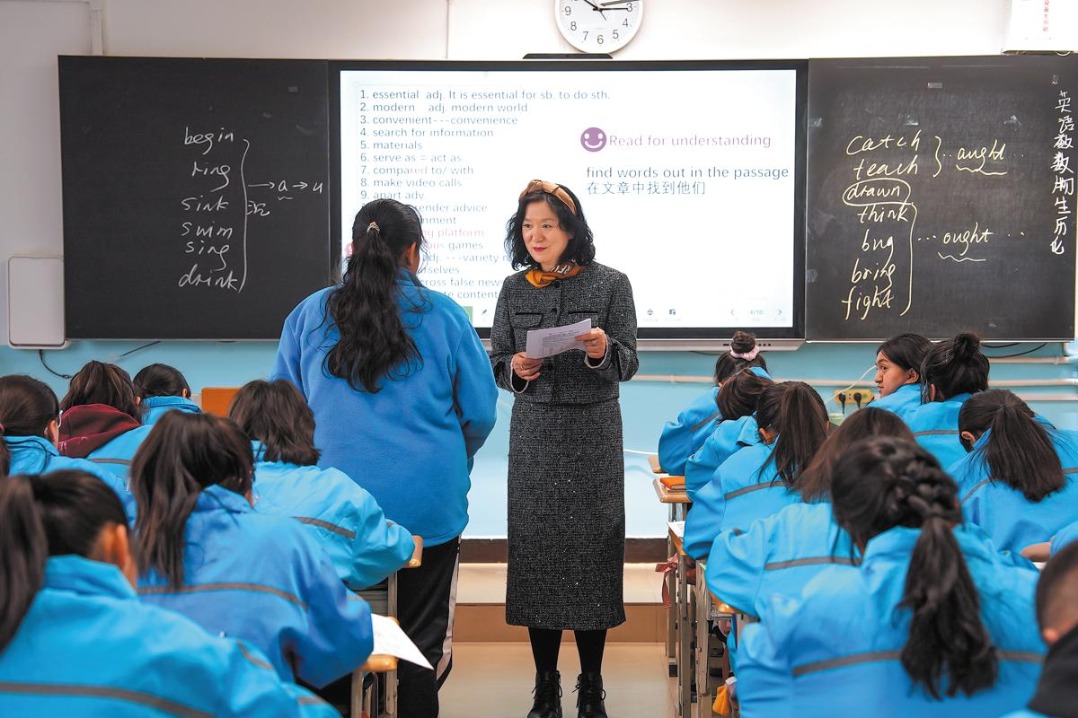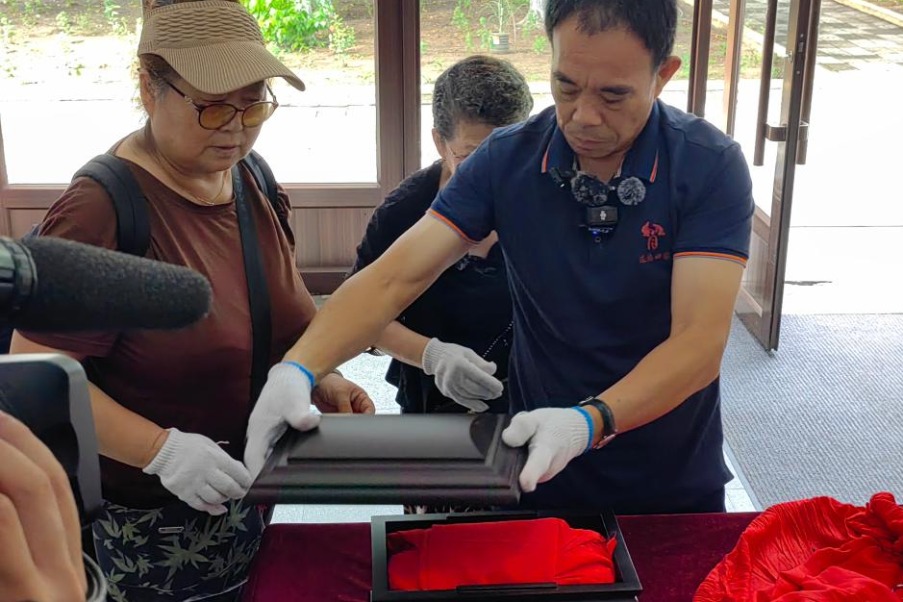The great thaw

 |
| Baima Dengzhu and his wife live in the foothills.[Photo by Shi Wenzhi/China Daily] |
A drastic reduction in greenhouse gas emissions would be needed in the next few decades to limit global temperature rise to 1.5 or 2 C, experts have earlier said.
"If such targets are met, then it is conceivable that plausible quantities of sulfate aerosol geoengineering may be able to maintain 2020 temperatures throughout the 21st century," Zhao Liyun, a junior scientist at the same college as Moore, wrote in a recent paper, co-authored with him and three others.
But their argument in favor of this intervention, by their own admission, is one that could also inevitably alter other important climate parameters, such as precipitation, atmosphere and ocean circulation patterns. Besides, it would not be localized and could change the climate on time scales of decades.
Such studies are ongoing in other countries, too, as researchers search for models with the least side effects.
China stepped up mapping glaciers in the 1980s after global anxiety over the onset of another ice age.
Li Yingqing contributed to this story.
- 360,000 foreign domestic helpers in Hong Kong make contribution to families, society
- Chongqing motorcycle expo attracts 86,000 on opening day
- China leads Asia with 16 spots in list of top 100 global education cities
- China's first UNESCO Category 1 Center established in Shanghai
- Two South China cities to suspend school, production in response to approaching typhoon
- Dongying advances ecological protection at Yellow River estuary





































